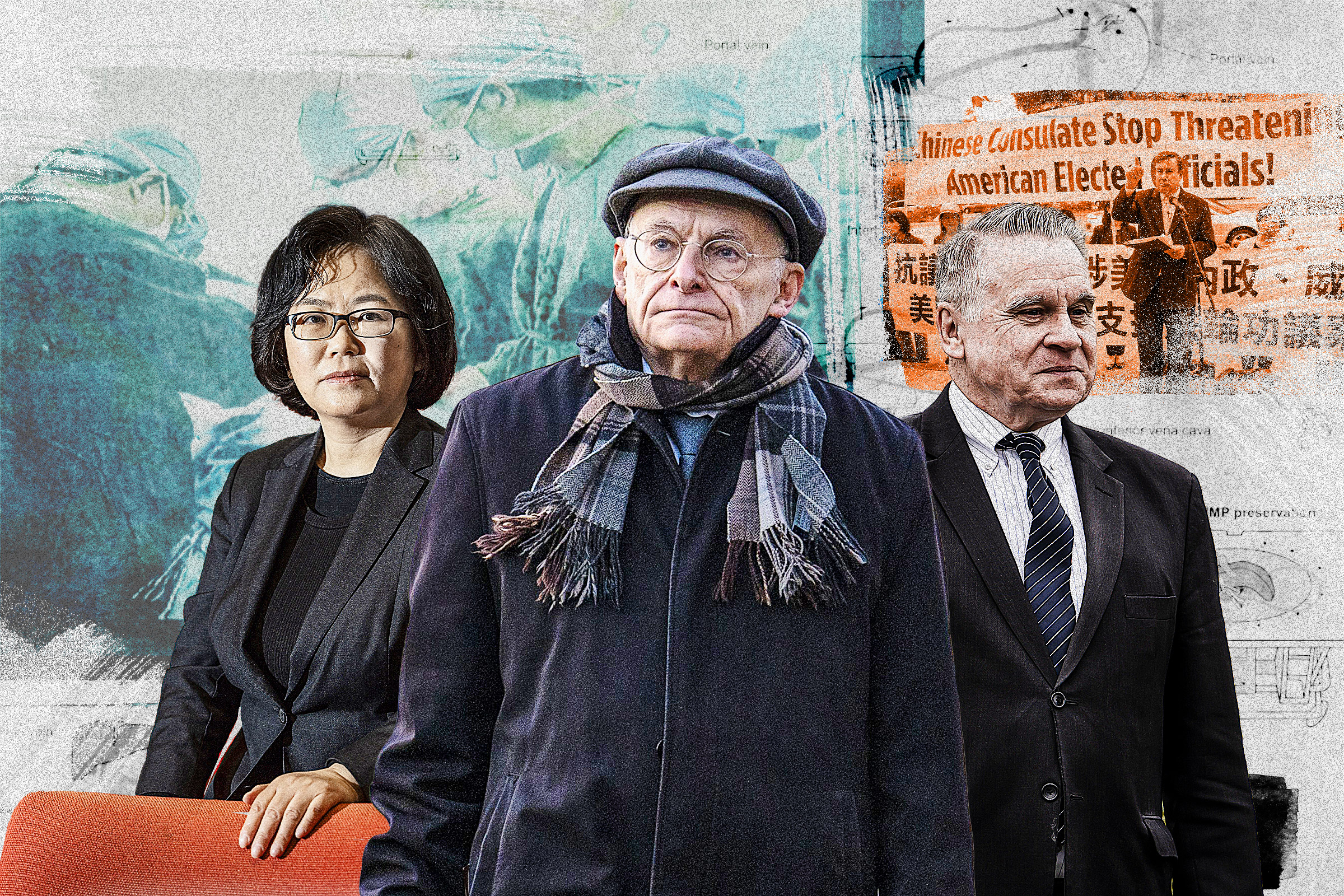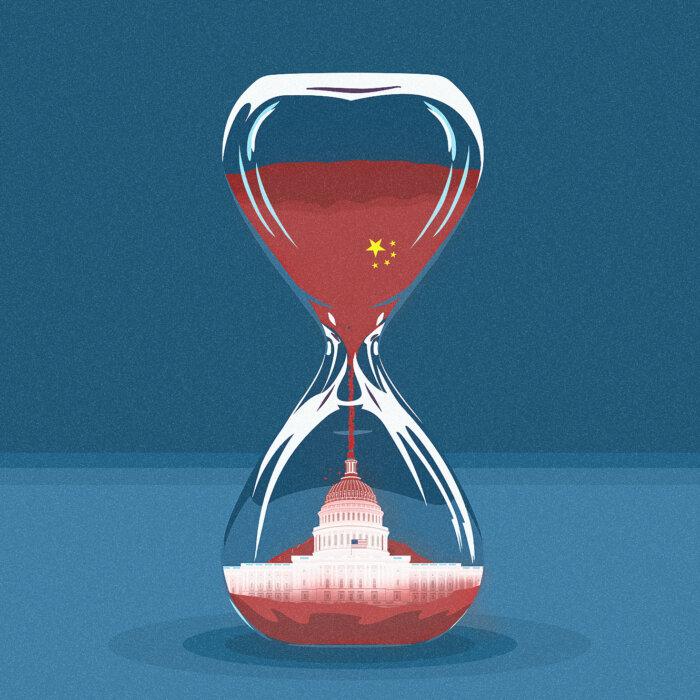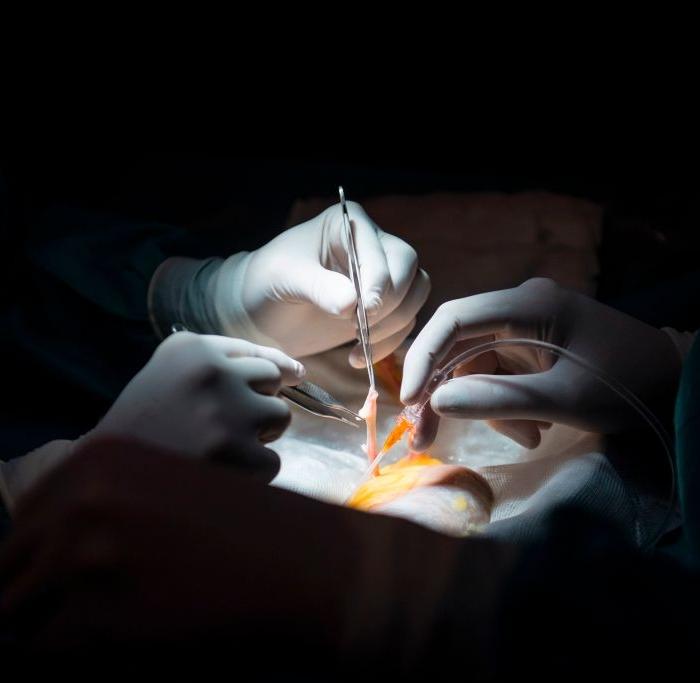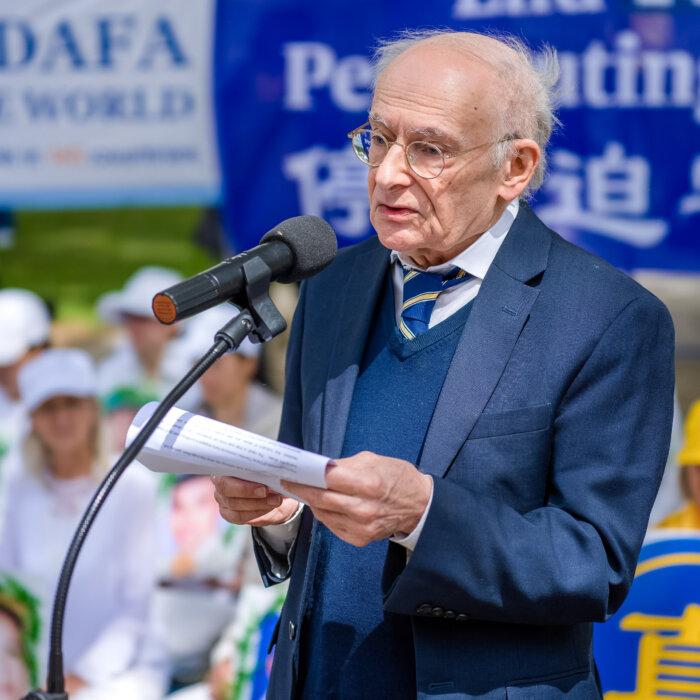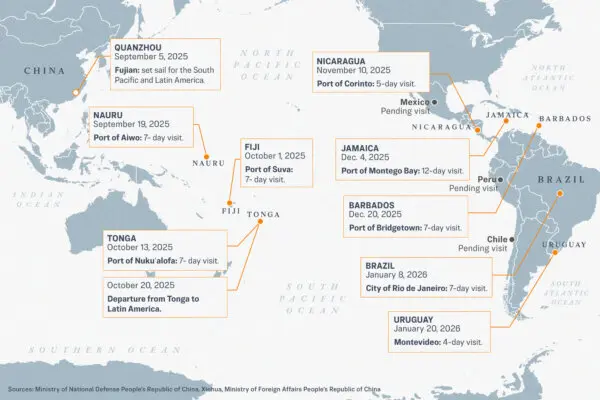When David Matas put himself on the Chinese regime’s radar by investigating the systematic killing of prisoners of conscience for their organs, suspicious events began happening around him.
Organizers who scheduled the human rights lawyer to come speak on the topic would cancel at the last minute. Booked forum sites would back out with little explanation. A day before hosting him for a forum, one venue was the target of a drive-by shooting that left a bullet hole in the window.
During a separate live Q&A session, a man called in, identifying himself as a Chinese police official.
“Are you afraid of death? You are brutally interfering in our Party’s internal policies,” the man said via an interpreter. “We'll take revenge against you. Are you not afraid of that?”
Mr. Matas remained steadfast. “If you don’t like what I said, try to stop organ transplant abuse in China and don’t threaten me,” he replied.
More than trying to intimidate him, Mr. Matas said, Chinese authorities were acknowledging “they just want to insist on their position, even though they have nothing to say about it in their favor.”
That was in 2008, two years after the regime’s mass killing-for-organs scheme—a billion-dollar industry driven by the promise of extremely short waiting times for domestic and international patients seeking organ transplants—first came to light. The supply comes from unwilling prisoners of conscience who are killed on demand.
By 2024, not much seems to have changed about the Chinese Communist Party (CCP), other than a new veneer of subtlety.
Rather than openly clashing with human rights investigators, the regime now retreats more into the background, wielding its economic and diplomatic arm to muffle criticism while cajoling elites in the political and medical fields to speak on its behalf.
In some ways, it has succeeded. From political circles to entertainment and academia, a net of fear hangs over, frustrating those seeking to make headway in exposing the regime’s abuses.
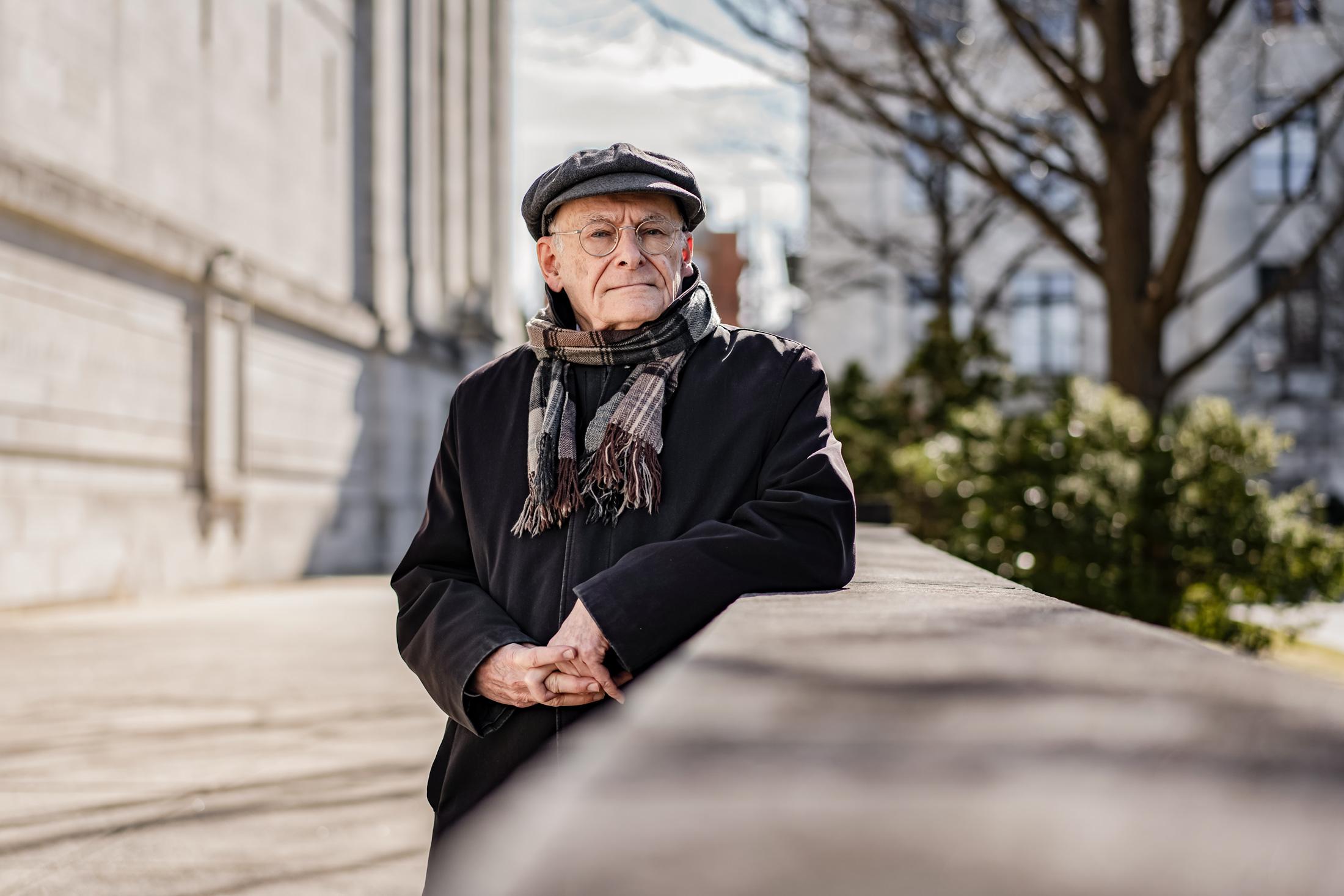
‘Big Lie in Plain Sight’
On March 27, 2023, the House of Representatives passed Rep. Chris Smith’s Stop Forced Organ Harvesting Act, in a near-unanimous vote.“China firmly rejects this absurd bill,” embassy official Zhou Zheng wrote. He demanded “that the U.S. side immediately stops baseless hype and anti-China moves.”
“Perfectly healthy people being put down in a gurney, drugged, in order to effectuate two to three of their organs being taken out involuntarily—and they kill them—that is murder. That’s crimes against humanity,” he told The Epoch Times. The bill is still awaiting Senate action.
“Silence is not an option, particularly from medical associations and corporations. They remain silent, they are the most at risk of complicity in this heinous crime against humanity.”
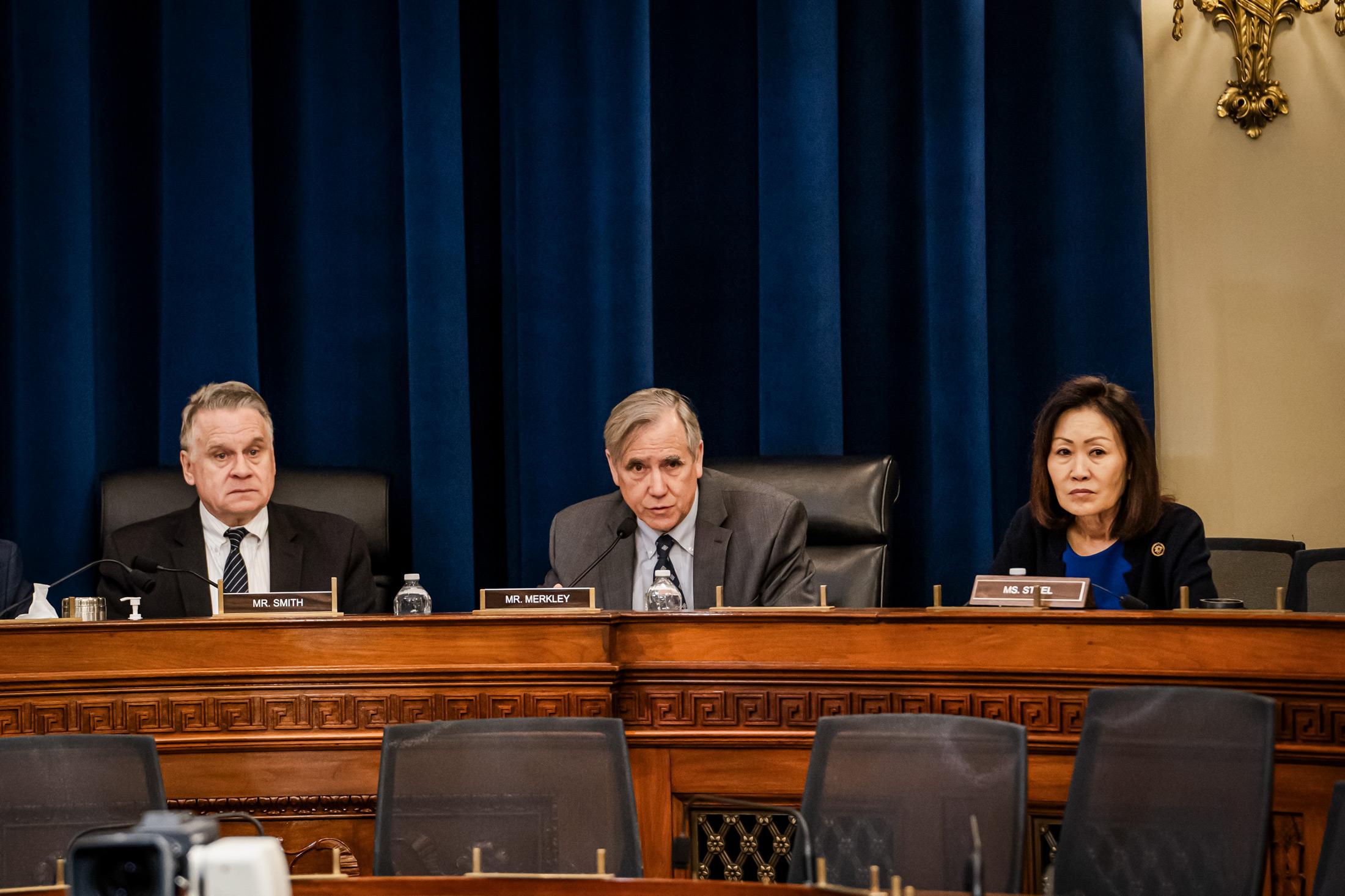
‘Silent Enablers’
Silence is nonetheless the approach many take.In 2017, as California state Sen. Joel Anderson was gaining support from colleagues to pass a resolution to condemn forced organ harvesting, the CCP intervened.
One by one, state senators around Mr. Anderson received a letter from the Chinese Consulate in San Francisco warning them against supporting the resolution. Each senator then received a phone call from Chinese officials to ensure they'd received it.
The letter framed the measure as “anti-China” and “anti-human,” noting that it “may deeply damage the cooperative relations between the State of California and China.”
During the last week of the Senate session, he tried 18 times to bring the resolution to the floor, appealing, at one point, for his fellow legislators to look around the gallery at the faces of victims who fled China’s persecution, but it was fruitless; his colleagues “didn’t want to talk about it.”
It was a source of deep disappointment for Mr. Anderson, seeing how big of an impact a letter from Chinese officials could have in the United States.
Mr. Anderson, like Mr. Smith and Mr. Matas, is on Beijing’s blacklist over his human rights advocacy.
California isn’t the only place the regime has successfully stifled talks on the abuse, nor are such efforts limited to the political sphere.
The University of Utah houses the state’s only comprehensive transplant center, which covers surgeries for kidney, pancreas, liver, heart, and lung transplants. Both the liver and kidney transplant programs ranked in the top 10 nationally in 2017. With a 3 1/2-page summary of the tribunal’s findings in hand, he approached the school’s chief medical officer, suggesting that they sit down with the legal and transplant teams of the university’s medical center.
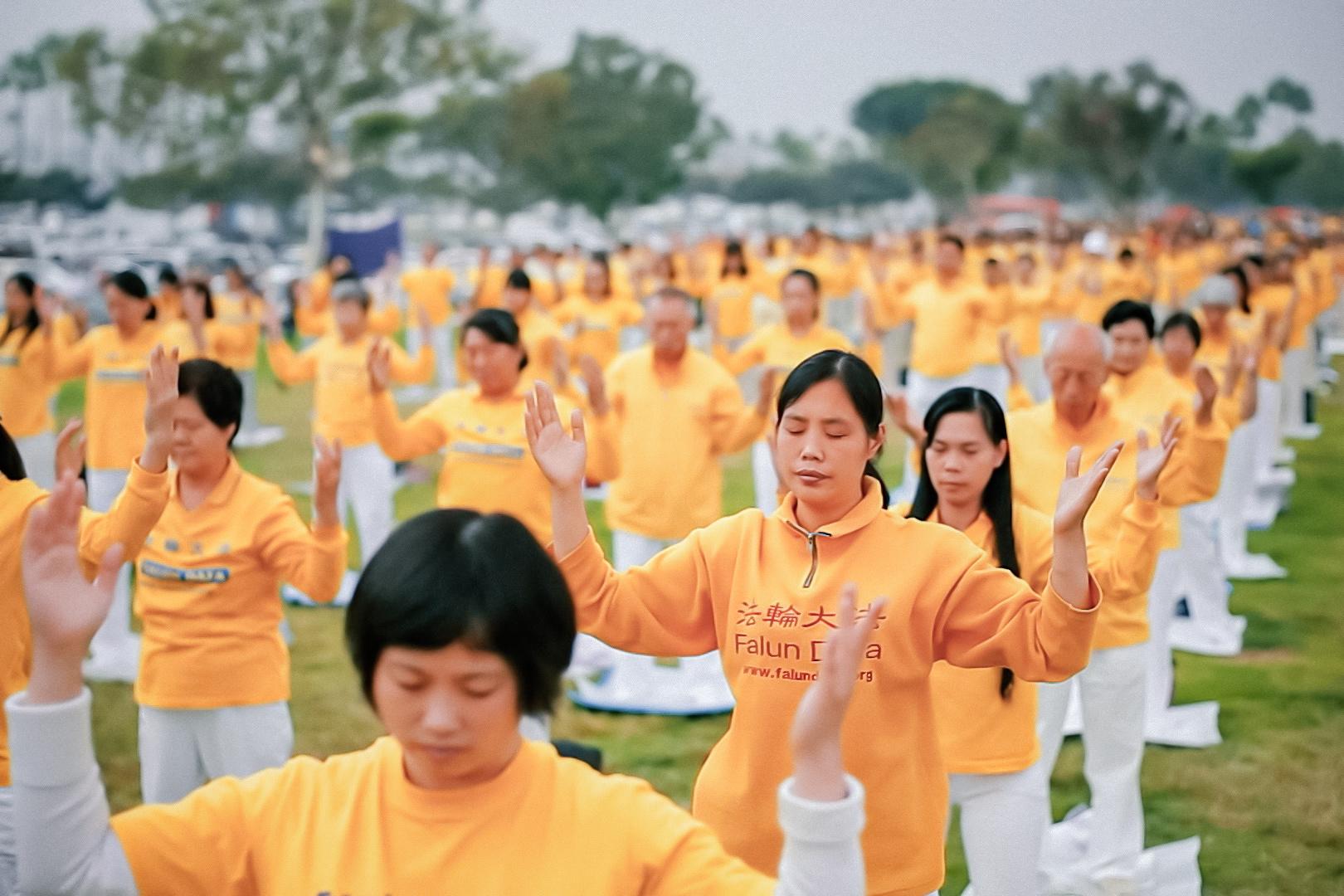
Dr. Gilcrease said the officer was aware of organ harvesting but declined to take action, for fear that China would send students to Texas instead of Utah.
Time and again, fear of offending the regime has been walling off voices on the issue.
Falun Gong is a spiritual discipline and meditation practice based on the principles of truthfulness, compassion, and tolerance. An estimated 70 million to 100 million had taken up the practice in China before the CCP began its brutal campaign to stamp out the faith in 1999. Because practitioners of the faith were known for having good physical health, the regime saw them as a prime organ source.
An Italian distributor who caught wind of the documentary expressed interest in October 2023. A day later, the company backed away apologetically.
“I have to offer you all my deepest compliments since the film is good and well paced,” a representative of the company wrote to Ms. Song. “Unfortunately, my colleagues told me that all the docs on ... [Falun Gong] persecution have always been pushed away by Italian broadcasters.”
Ms. Song told The Epoch Times that she met with a similar reception not long afterward, at the American Film Market in Santa Monica, California.
“Stop, stop, stop. No, no, no,” Ms. Song heard an executive from a major U.S. distributor say when an excited staff member brought the film to his attention. To the confused staff member, he explained that they couldn’t take any film related to Falun Gong because it would mean “you can’t sell any of your films to China.”
A Canadian copyright insurer, in November 2023, declined a partnership, saying, “The subject is too contentious for our appetite.”
“We couldn’t get comfortable with the exposure. China has a lot of resources and won’t be afraid to protect their reputation,” an email shared with The Epoch Times read.
Money, Ms. Song said, is a weapon that Beijing flaunts to great effect, especially to coerce self-censorship.
“As long as you want to make money from China, you have to submit to their rules,” Ms. Song said. “People check their speech even outside of China, lest they offend the CCP. Then bit by bit, we all become silent enablers of its crimes.”
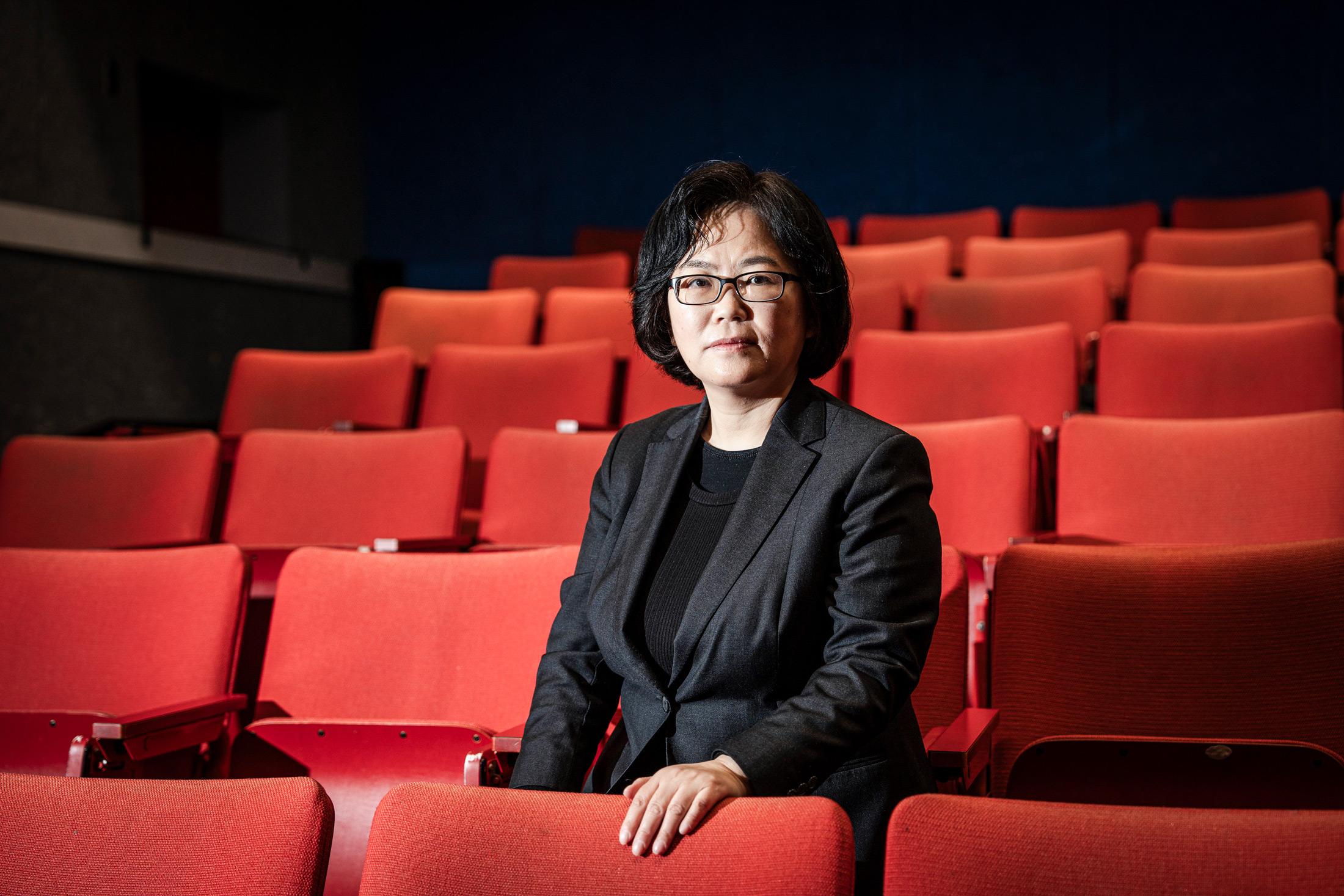
Mr. Smith also recognizes the power of the Chinese purse.
“They have an ability with some to get them to cower,” he said, referring to CCP intimidation.
‘Tough Topic’
Even with awareness growing at the local and national levels over the gravity of the regime’s abuses, the medical community has been slow to respond.“No single surgeon or doctor that I know of would say, yes, that a government orchestrating its medical system to kill innocent people is OK or justified in any way,” Dr. Gilcrease told The Epoch Times.
“But the confrontation comes in because you’re dealing with one of the most powerful nations in the world, and you’re dealing with the Chinese Communist Party, which has had now decades to exert power and propaganda over its own people and the rest of the world.”
What makes it a “tough topic” goes beyond the “fear about speaking out against the CCP and retaliation by CCP,” he said.
“It’s also fear about being the sole voice and standing alone without the support of other doctors, surgeons, medical societies,” he said.
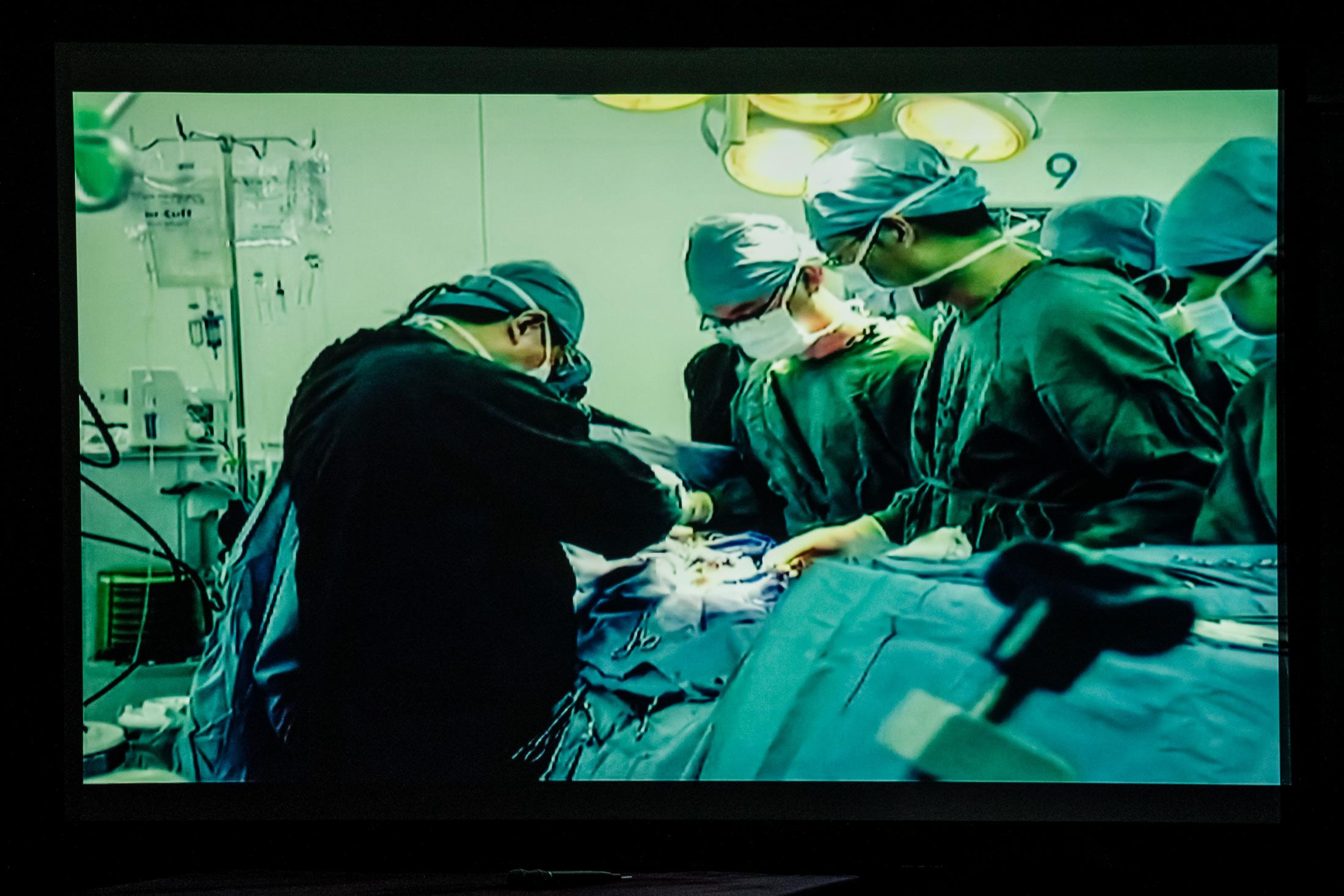
The transplant field is a niche community in which those at the top invariably end up knowing each other. It’s hard not to notice China’s rapid boom in the sector over the past few decades, and exchange or collaboration between U.S. and Chinese surgeons is common.
A 2022 report from human rights group World Organization to Investigate the Persecution of Falun Gong documented hundreds of cases in which Chinese transplant doctors had honed their skills in the United States before applying them in major Chinese hospitals that were implicated in forced organ harvesting.
One doctor on the list, former Chinese Deputy Health Minister Huang Jiefu, has for years defended Beijing’s position by pointing to the organ donation program that the regime set up in 2015 amid mounting questions about the source of its organs.
‘Prove That China’s Lying’
Beijing’s promises to improve its organ transplant practices have nonetheless appeared to satisfy some prominent U.S. surgeons.Days ahead of a March panel on forced organ harvesting at Harvard University, Dr. Francis Delmonico emailed his colleagues dismissing the significance of the event.
Dr. Delmonico is a part-time professor of surgery at Harvard-affiliated Massachusetts General Hospital and an organ transplant expert who has frequently traveled to China and has spoken alongside Mr. Huang.
He is also the former president of the influential Transplantation Society, a forum with members from more than 100 countries that provides guidelines on ethical practices.
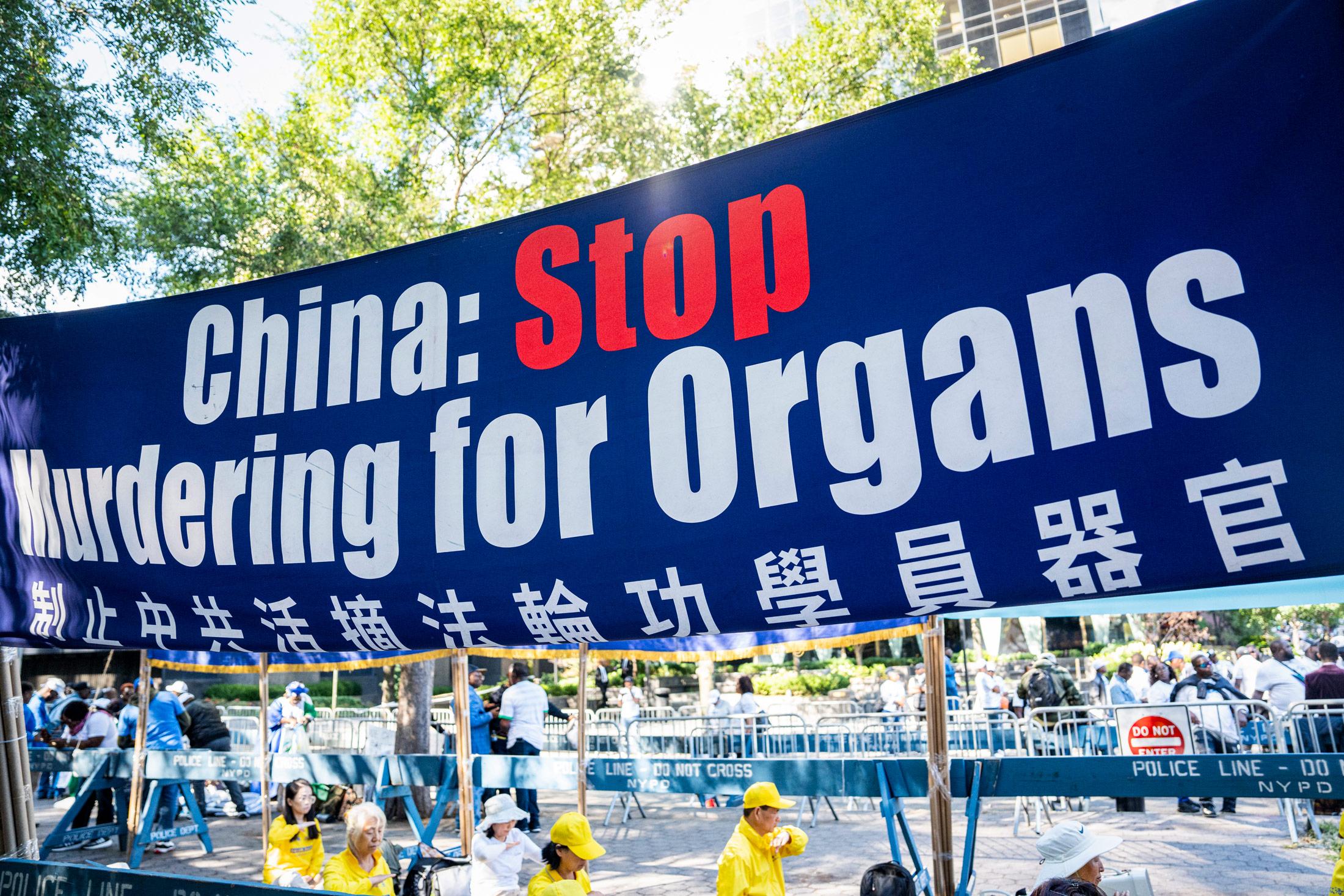
In his email subject line, Dr. Delmonico requested “Harvard wide distribution.”
“We recognize that such unethical practice was the source of transplantable organs in China a decade ago; but thereafter, the Chinese government has proclaimed a prohibition,” Dr. Delmonico wrote.
“We have met with the PRC Minister of Health Ma in Beijing to maintain a vigilance of the international community that China fulfill its pledge.
“We have no illusion about the possibility of being duped in these deliberations.”
Dr. Gilcrease, who spoke at the Harvard panel, said, “You can’t just take China’s numbers at face value.”
The paper made a disclaimer at the bottom that “none were from prisoners.”
Dr. Gilcrease questioned how that could be true.
“How do you randomize that? How do you get 30 done?” he said.
“You have to imagine having somebody who is dying, who’s brain dead, then you have to have that donor, essentially, right next to the other person.”
He noted that the doctors had accomplished the feat with resources from a single hospital and within a short timeframe.
“It’s virtually impossible,” he said.
He has no answers for now, because China is “a place where you can’t ask questions,” he said.
Asked about the study, Dr. Delmonico said that “methods of in situ and ex situ liver preservation are being done regularly in the United States and worldwide.”
He said he doesn’t know whether his email had effectively discouraged anyone from attending the event, but pointed The Epoch Times to a commentary he published recently in the Transplantation Journal, the Transplantation Society’s monthly publication.
The article, titled “A Last Hurrah,” highlighted China’s organ donation system, launched in 2015, and regulations that the State Council signed in December 2023 on human organ donations and transplants that “fulfill World Health Organization guidelines.”
“These advances by China should be championed as positive steps toward transparency and ethical transplantation,” Dr. Delmonico wrote.
But Mr. Matas disagrees that the regulations will make any difference.
“It’s just another sham response, but with each articulation of concern that they do something, it just doesn’t amount to a change in the views,” he said.
Like it or not, the views from Dr. Delmonico are “more or less consensus of the transplantation leadership,” said Mr. Matas, who was one of the panelists named in Dr. Delmonico’s email.
“He says, prove that China’s lying. But that’s not the way the system is supposed to work,” Mr. Matas told The Epoch Times. “The onus is on China to show that they’re behaving properly. The onus is not on us to show they’re doing something improper.”
In detailed reports, Mr. Matas and others analyzed hundreds of Chinese hospitals’ transplant programs, along with media reports and archived records. After examining hospital revenue, bed counts, bed utilization rates, surgical personnel, and state funding, they believe that the Chinese regime is vastly undercounting its transplantation rates.
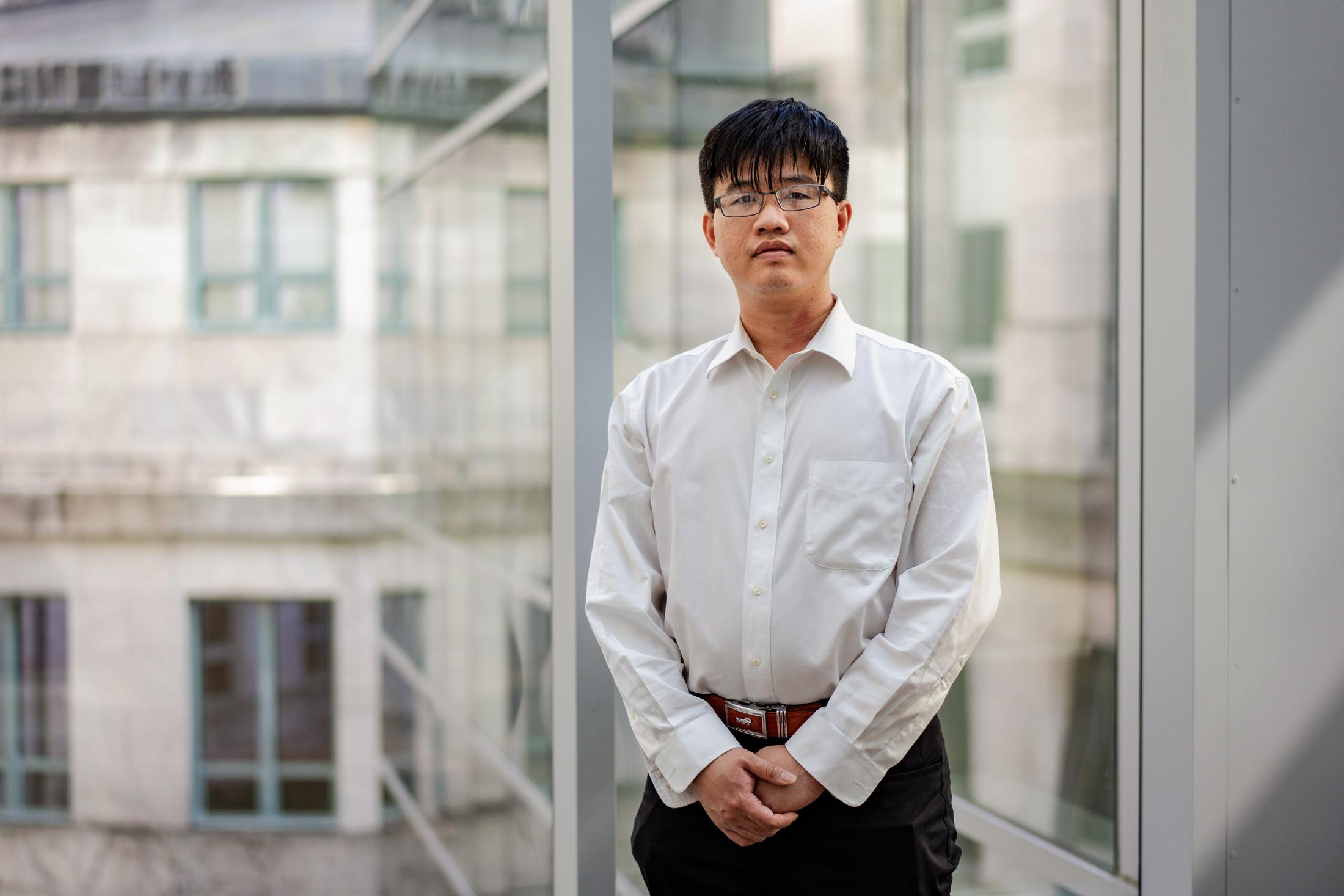
They have collected compelling circumstantial evidence: online ads for organ transplants, data from numerous Chinese hospitals touting record-breaking transplant volumes, and a liver transplant registry in Hong Kong showing aggregate totals that shot up in parallel to the persecution of Falun Gong. Most of such data and records have now vanished into the ether.
“Whenever we do prove something, they take away the evidence, they take down the data stream and they say, ‘Oh, your evidence is out of date,’” Mr. Matas said. “There’s no independent outside observer that can look at the Chinese prison records and Chinese hospital records. The Chinese detention system—it’s completely closed off.”
While organizing the Harvard event, graduate student Anh Cao said that he had prepared himself for a variety of possible disruptive scenarios. With Falun Gong, also known as Falun Dafa, being a taboo topic in China, staff members at the student center had told him that some Chinese students working there were “very adamant about not being affiliated with Falun Dafa as that could impede with their eventual return to China,” emails shared with The Epoch Times show.
Mr. Cao said the email from Dr. Delmonico was “very disappointing.” He sees it as doing the bidding of the regime: to “shut down” serious discussion and bury cold truths.
‘Another Direction’
The Boston episode occurred just as another panelist was hitting a brick wall.For months, Doctors Against Forced Organ Harvesting (DAFOH), led by Dr. Torsten Trey, heard nothing after applying in November 2023 for a booth at the American Transplant Congress, North America’s largest meeting for the sector that brings together thousands from the transplant ecosystem.
China Organ Harvest Research Center, another research group dedicated to the issue, had by then selected a booth and received an invoice. In late January, both groups received an email telling them they weren’t welcome to participate in the event, to be held in June.
The American Transplant Congress team and societies had “made the decision to move in another direction for 2024,” the email, sent to both groups on the same day, read.
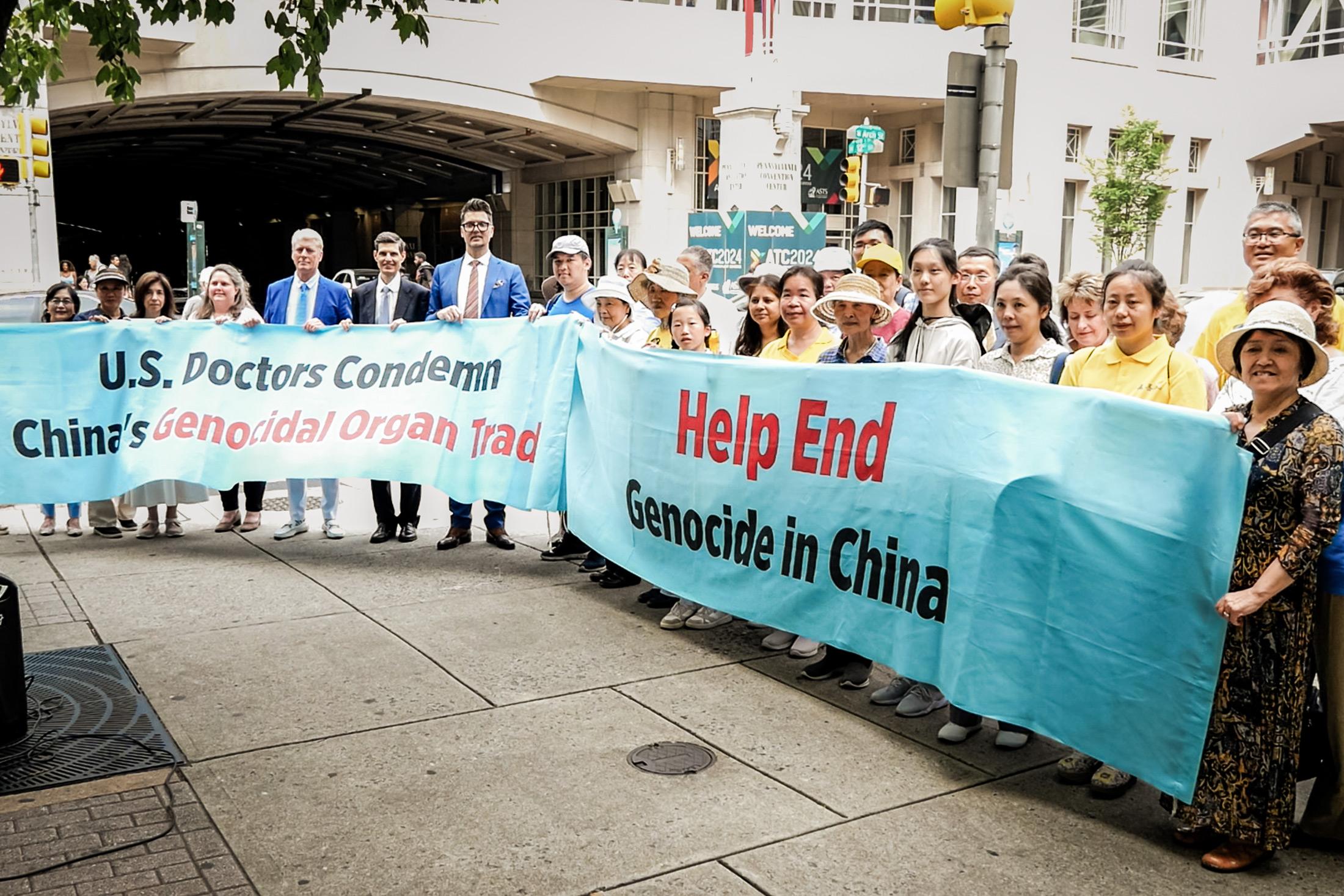
Both received another email from the organization in April asking for detailed information about their booths for a chance to be reconsidered. After weeks, in the same one-hour window on the last day of the month, they got the verdict: rejection.
The turn of events was puzzling. The two groups had been presenters at the conference for years without trouble, and Dr. Min Fu, of the China Organ Harvest Research Center, couldn’t help but notice the large number of vacant booths both times the medical conference turned them away: about half during the first, and one-quarter in the latter.
“It makes little sense,” she told The Epoch Times.
Dr. Trey, meanwhile, pondered the phrase “another direction.”
“That can mean anything,” he told The Epoch Times, questioning whether the American Transplant Congress was trying to “hide something.”
His group was ready to adjust any materials to suit the conference’s needs if that’s what it was going to take to present their research, he said.
“They just didn’t give us any information,” he said.
He said he was “speechless” to think that conference officials had “made the decision on behalf of all 4,000 attendees” that they need not review DAFOH’s research.
“This is possibly the largest medical abuse of the century,” he said. “If the transplant community is not willing to look into it, how does this reflect on the transplant community?”
“It’s reprehensible and wholly unacceptable for any organization—especially the American Transplant Congress—to censor anyone trying to combat forced organ harvesting,” he told The Epoch Times. “Medical professionals must be made aware of the real and ongoing infiltration of forced organ harvesting into the modern day medical community.”
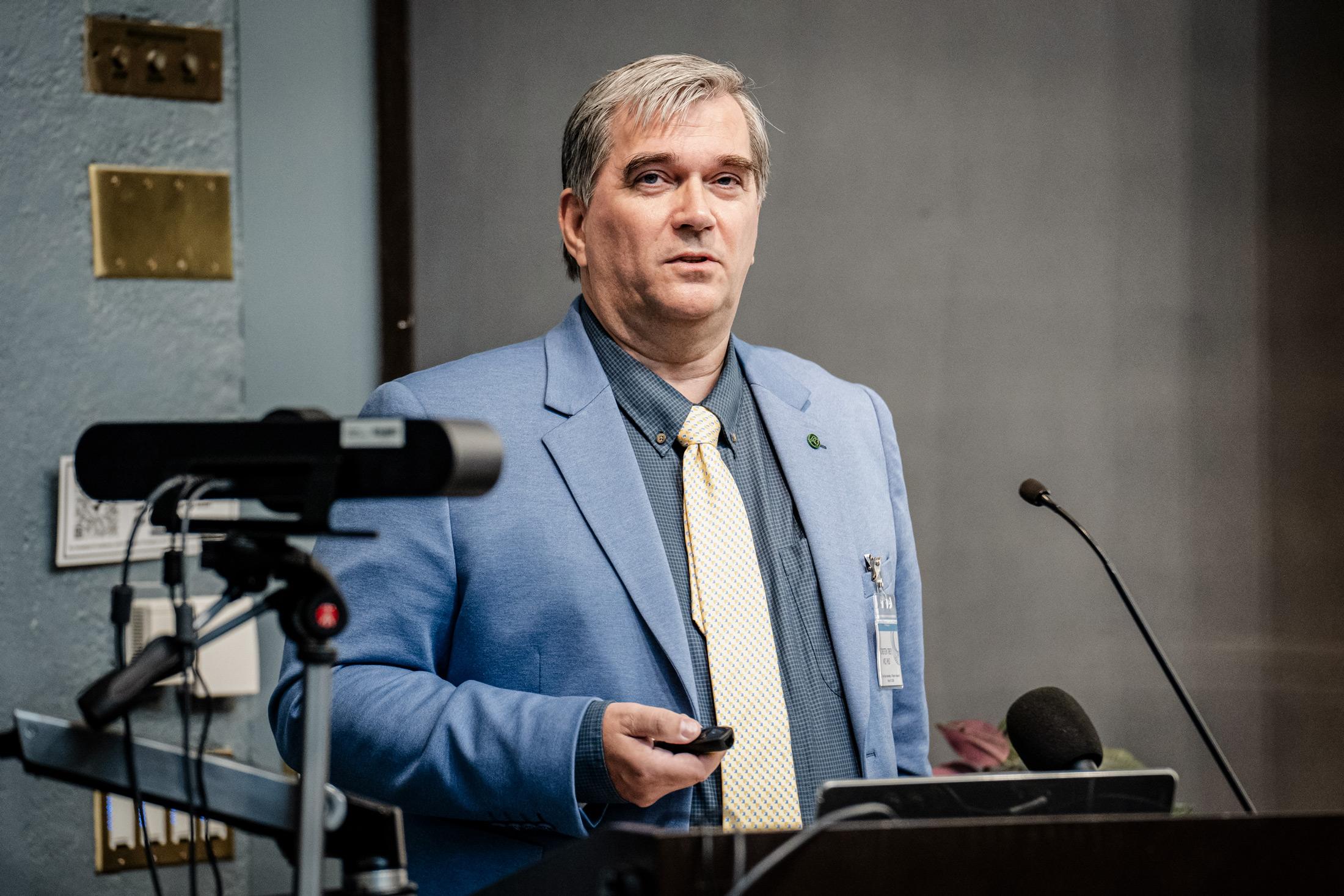
The American Transplant Congress said its two hosting organizations, the American Society of Transplantation and the American Society of Transplant Surgeons, are “fully committed to advancing” the organ transplantation system “without jeopardizing the ethical foundations and practices that have made the U.S. system uniquely trusted and effective.”
“Additionally, we are aware of those advancing ideas to increase access to living donor transplantation, including forced coercion for organ transplants, that may appear expedient but can result in serious adverse consequences for transplantation and for patients,” a spokeswoman told The Epoch Times. “These proposals pose serious unintended consequences to both donors and to public trust in organ donation.
Calls for Accountability
On June 1, Dr. Gilcrease, a deputy director at DAFOH, stood in front of the Pennsylvania Convention Center, the American Transplant Congress venue, to appeal to a rally crowd.He cited the Chinese regime’s censorship of a doctor, Li Wenliang, who tried to warn the world of the COVID-19 pandemic at the end of 2019 but was “forced to sign something saying that the truth was false and that the false was true,” eventually dying of the virus himself.
“In China, things are swept under the rug and they move on. But this can’t happen to the medical field. Medical ethics requires accountability,” Dr. Gilcrease said.
DAFOH’s direction is to seek “truth, transparency, respect for human dignity, and accountability,” he said. “Do these differ from the American Transplant Congress? If so, how? And if not, why do we remain outside of the conference?”
The case of combating forced organ harvesting, to Mr. Smith, is “a human rights issue that has few equals.”
“Falun Gong have suffered so much—for what? Being peaceful, kind-hearted, disciplined, healthy? They’re being culled out and killed because of their health, they are so healthy, they take care of themselves, so the Chinese Communist Party sees them as somebody to exploit.”
Two months before his bill sailed through the House, Mr. Smith was at the hospital for some physical ailments, and the imagery of cruelty ongoing in China seized him: A detained Falun Gong practitioner, or perhaps a victim of another persecuted group, brought in against their will.
“They’re laying there, maybe semiconscious, knowing that this doctor is not there to cure them, but to kill them as an executioner, and before the execution is finished, to take two or three of their organs,” he said.
It took him three years to convince his colleagues to sign onto the anti-forced organ harvesting legislation.
It’s been an uphill battle, he said, but “now people seem to get it.”
“While we all get it, let’s do something about it,” he said.
